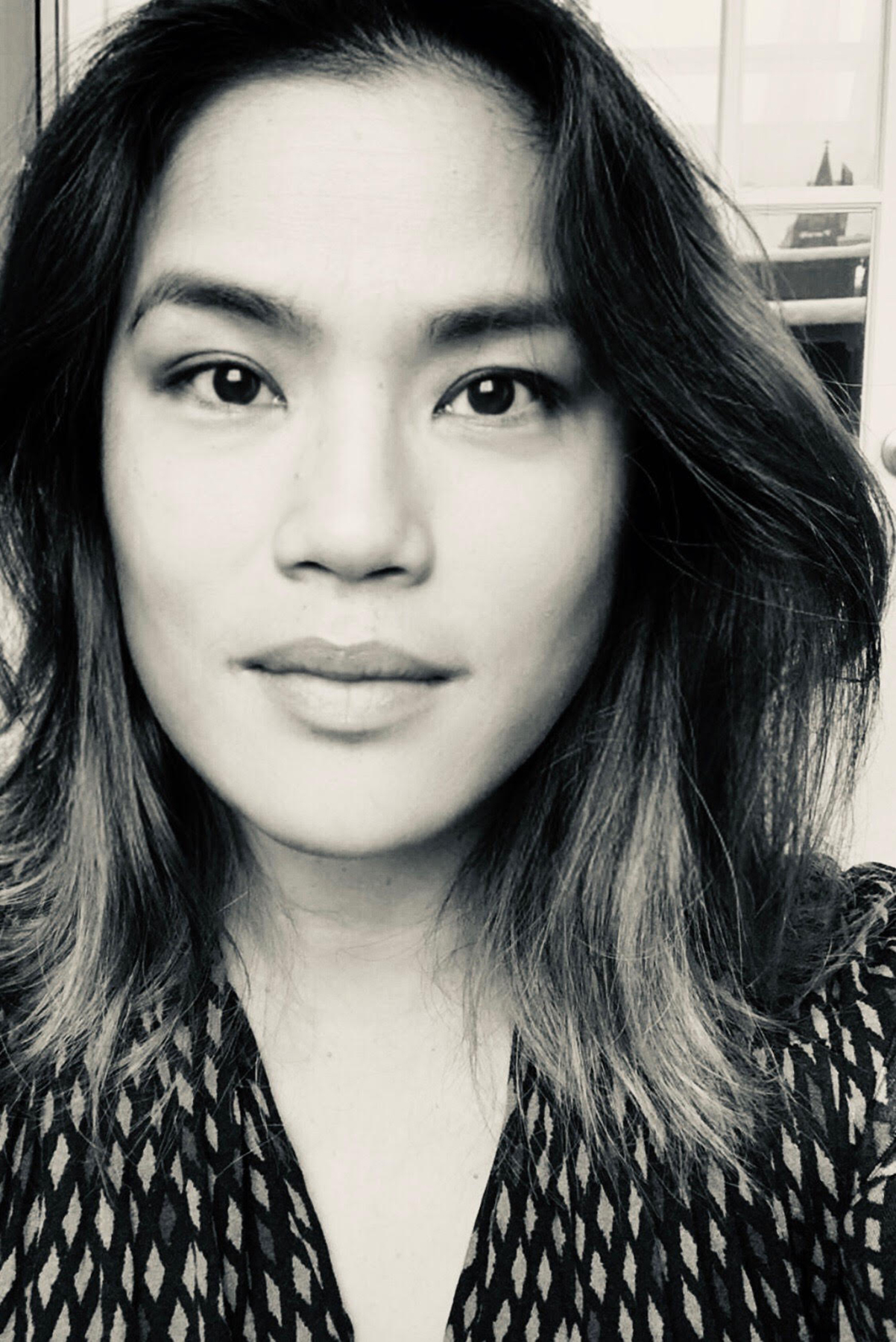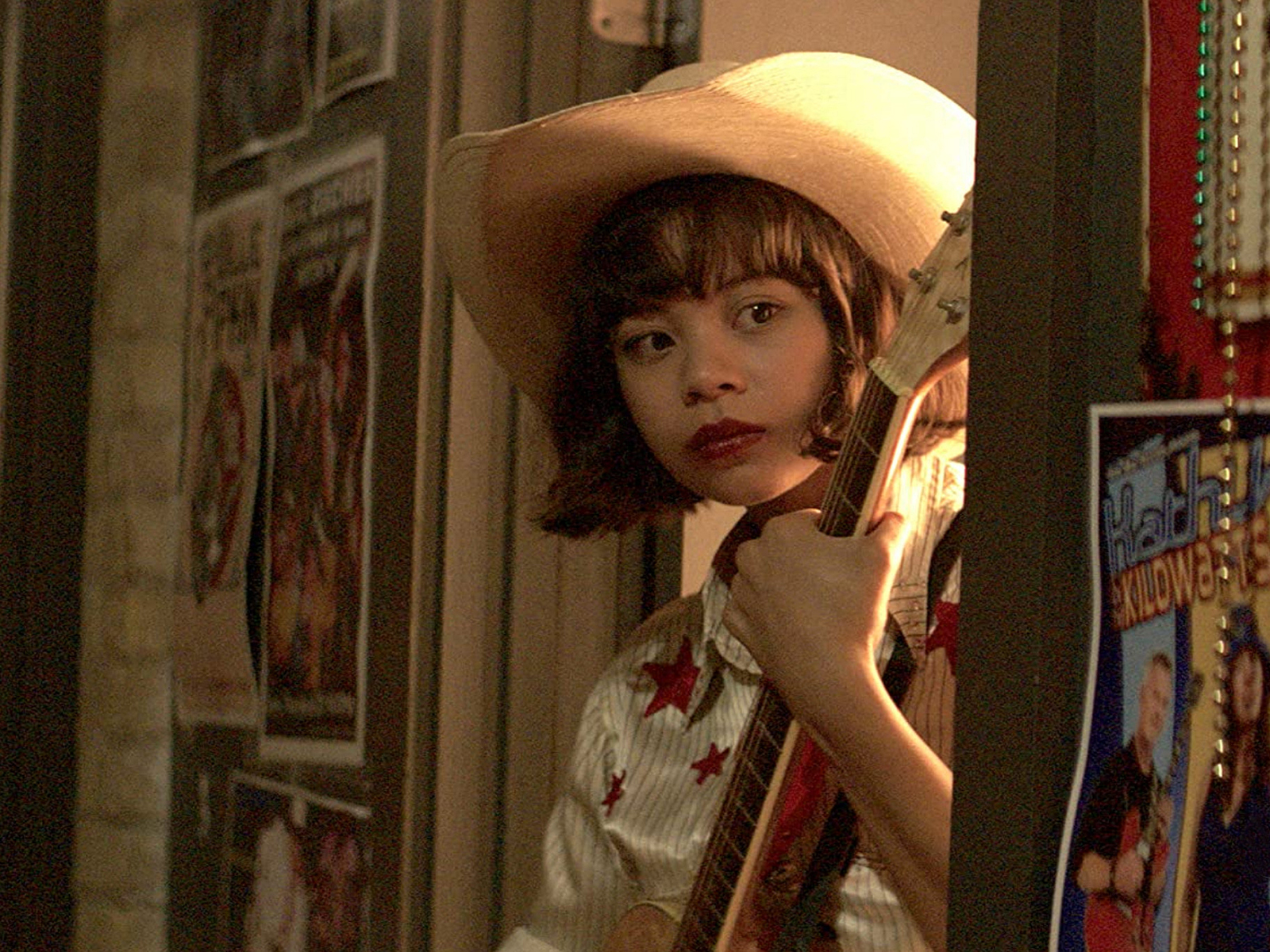
- Industry
“Yellow Rose” Director, Diane Paragas #MeToo & A Filipina Country Singer
“I was constantly asking white, male, Hollywood for permission to make Yellow Rose, and getting, ‘no’.” Director, Writer, Producer, Diane Paragas, falls into one of the smallest subsets of a subset – a woman of Asian descent directing a movie. So, it makes sense that after years of trying to tell a story of a young would-be Country-Western singer whose mother is deported, she looked to alternative avenues to bring her story to the big screen, finding her solution in the Filipino-American community.
Paragas’ story is paradigmatic of the difficulties so often encountered by artists who don’t reflect a mainstream vision. She shared her experience, which epitomizes that of many diverse directors left on the outside looking in: “My advice is to go to your own community. If you don’t get a place at the table, make your own table because in the end, even with the success of movies, like Crazy Rich Asians, Searching, and The Farewell, it was still my own Filipino community that ended up financing my film.”
“A Filipino film and television company was looking for projects that were Filipino, that could also cross over into the mainstream,” explains Paragas who won the Black Reel Award for Best Documentary (Brooklyn Boheme). “‘Cinematografo’, was a competition launched by ABS-CBN, the largest film and television company in the Philippines. My film won one of the two awards and they became one of the big financers of my film.”
Not only are alternative narratives often not greenlit, but women from minorities are often perceived as less powerful, and therefore can become easy targets of harassment. Paragas, who grew up playing in a punk band, shares that painful truth. “When I was very young, I’d written my first script and met a Hollywood director I’m not going to name. I was introduced at some party and I had the script and I was very excited to tell him about it. He listened to me, invited me to dinner, wanted to hear my pitch with a group of his friends. I was so excited. Then he did a very inappropriate sexual advance towards me at the end of the evening. One thing people don’t talk about (is) the subtle message of sexual harassment – and it certainly happened to me even though in the moment, I stopped, laughed, and went home – but it taught me that the only way I could get a movie made was to compromise myself to some white man of power. It discouraged me. It really did. It discouraged me for about ten years to even think about entering that type of filmmaking. It was one of the main reasons I didn’t continue pursuing screenwriting. As a result, I went into documentaries because I felt my only power was being female. That was the only reason he even listened to me – because he wanted to take a pass at me. That discourages you in your career. That’s not something you hear about when you hear about #MeToo. And for me, that happened.”
While initially cowed, Paragas ultimately was undaunted. “It’s now almost 17 years from when I first tried to start making a movie. And my lead is as old as the struggle has been. In a way, it’s my baby, and in all honesty, I gave up; not just because of the #MeToo thing, but also just getting the ‘no’s’. I gave up on this project for a number of years. A big chunk of it was (…) I was pursuing other types of filmmaking.” It was a chance exposure to an interview with director Mira Nair, eight years ago, that kick-started her dream again. “Mira Nair had just finished, a South Asian film. Someone asked her like, what motivated you to tell this story? And she said, ‘I’ve been doing these big movies with Reese Witherspoon and with huge Hollywood budgets with mostly White casts and what I realized is in that interim time I was doing these other movies. I realized this was my obligation to tell these stories, because if I don’t, who will?’ When she said that, it really struck me in a powerful way, that it wasn’t just that I wanted to make this film, but I had an obligation to make this film because until now, my movie is one of the first Filipino movies ever released by a studio theatrical release. (more…).

Her takeaway from the experience is that “when people tell you ‘no’, it might make you feel like your story is not worthy or that it won’t have an audience, and that’s simply not true. The appetite for these diverse stories is bigger than ever. So, don’t try to make something that you think people want, but value your own narratives, your own individual stories.
Yellow Rose touches on what happens to children, whose parents are deemed illegal immigrants and are returned to their country of origin. It’s also a coming of age story and about what it’s like to pursue your dreams when you don’t fit the prototype of who ‘should’ be dreaming that dream. The music sung by Grammy Award (Best Musical Theater Album) winning and Tony-nominated Eva Noblezada, who portrays undocumented 17-year-old, Rose Garcia, will move you. Noblezada herself is part Mexican and Filipina and lends pathos to the role. Dale Watson also lends his talent and vocals.
As we wind down our talk, Diane addresses a lazy criticism on social media. “I want to debunk the suggestion that Yellow Rose plays into a White trope. At least from my perspective, that’s not something I intended. Quite the opposite, it’s more subversive or provocative to show kindness. In this era with such division, and acrimony, such hate towards each other – to show compassion and kindness was what I leaned into. That is not the same as doing a White trope film where the White person saves the Brown person.” Indeed, without revealing spoilers Diane has written a role where the lead rescues herself. It’s what makes Yellow Rose so ‘today’. The idea of discrimination is explored without concessions to easy stereotypes, while kindness surprises in unexpected characters, that makes the film stand alone.
Paragas’ next project is Lizards of Pop Opera.

